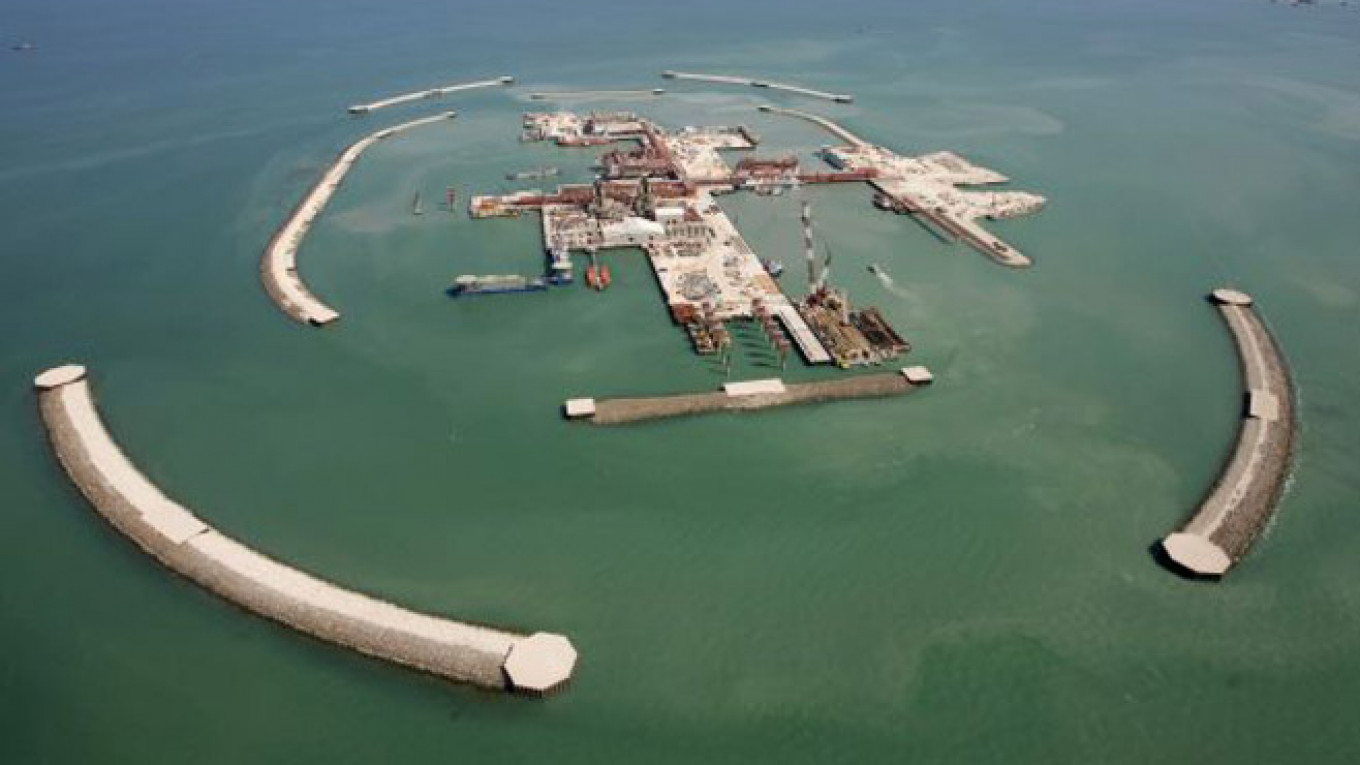ALMATY — Kazakhstan has created a new supersized Energy Ministry as its economy suffers from the shutdown of a giant oil field and the collapse of exports to Ukraine and sanctions-hit Russia.
President Nursultan Nazarbayev on Wednesday appointed 65-year-old close ally Vladimir Shkolnik, a two times former energy minister, to head the former Oil and Gas Ministry combined with the Industry and New Technologies Ministry and the Environmental Protection Ministry.
"Generally speaking, our energy sector is in disarray," Nazarbayev told a government meeting.
"It is hard to understand, why one government body must be responsible for oil and gas, while another one deals with solid energy resources, the third department controls the power grid and the fourth one the nuclear industry," said the 74-year-old former steel worker whose word is final in Kazakhstan.
"This is why I believe it is time to concentrate the entire energy sector in the hands of one person."
Until Wednesday, Shkolnik was in charge of national uranium company Kazatomprom. Kazakhstan is the world's largest producer of uranium. It is also Central Asia's largest economy and the second-largest ex-Soviet oil producer after Russia. Economic growth accelerated to 6 percent last year after a 5 percent rise in 2012.
But this year's growth is likely to be slower as oil production will remain stagnant due to halted output at the Kashagan oil field, the world's biggest oil find of recent time, and because of economic slowdown in close trade partner Russia due to several rounds of U.S. and European Union sanctions imposed on Moscow over Ukraine.
Falling Exports
Kazakhstan's Central Bank devalued the national tenge currency by 19 percent in February to ease speculative pressure on the domestic foreign exchange market, support exporters of oil and industrial metals and sustain economic growth.
Economy and Budget Planning Minister Yerbolat Dosayev told the government meeting, however, that due to Western sanctions imposed on Russia, Kazakhstan's exports there had fallen by 21.7 percent in January to May year-on-year. Exports to Ukraine shrank by 31.1 percent in the same period.
Kazakhstan will also struggle this year to maintain its oil output at the 2013 level of 81.7 million tons, while the offshore Kashagan field stands idle, senior government officials have said.
Kashagan started up last September but was halted in October after gas leaks in its pipelines. Production there may now resume in the first half of 2016 at the earliest.
Dosayev said industrial output decreased by 0.4 percent year-on-year in the first half of 2014, while gross domestic product grew by 3.9 percent. The government had originally targeted GDP growth at 6 percent this year.
He said the government hoped that internal consumption and growing internal investment would help sustain growth this year.
The presidents of Russia, Kazakhstan and Belarus have signed a treaty creating a trading bloc which they hope will challenge the economic might of the U.S., the EU and China.
The treaty forging the Eurasian Economic Union will come into force on Jan. 1.
Dosayev told Nazarbayev that the government would present in September a detailed plan to counter the negative impact of sanctions imposed on Russia. He did not elaborate.
Nazarbayev said that Oil and Gas Minister Uzakbai Karabalin would now serve as Shkolnik's first deputy in the new ministry.
Environmental Protection Minister Nurlan Kapparov will now head Kazatomprom, Nazarbayev said.
See also:
Devaluation Windfall Drives KazMunaiGas Exploration Production Profits Up 4.6 Times
A Message from The Moscow Times:
Dear readers,
We are facing unprecedented challenges. Russia's Prosecutor General's Office has designated The Moscow Times as an "undesirable" organization, criminalizing our work and putting our staff at risk of prosecution. This follows our earlier unjust labeling as a "foreign agent."
These actions are direct attempts to silence independent journalism in Russia. The authorities claim our work "discredits the decisions of the Russian leadership." We see things differently: we strive to provide accurate, unbiased reporting on Russia.
We, the journalists of The Moscow Times, refuse to be silenced. But to continue our work, we need your help.
Your support, no matter how small, makes a world of difference. If you can, please support us monthly starting from just $2. It's quick to set up, and every contribution makes a significant impact.
By supporting The Moscow Times, you're defending open, independent journalism in the face of repression. Thank you for standing with us.
Remind me later.






